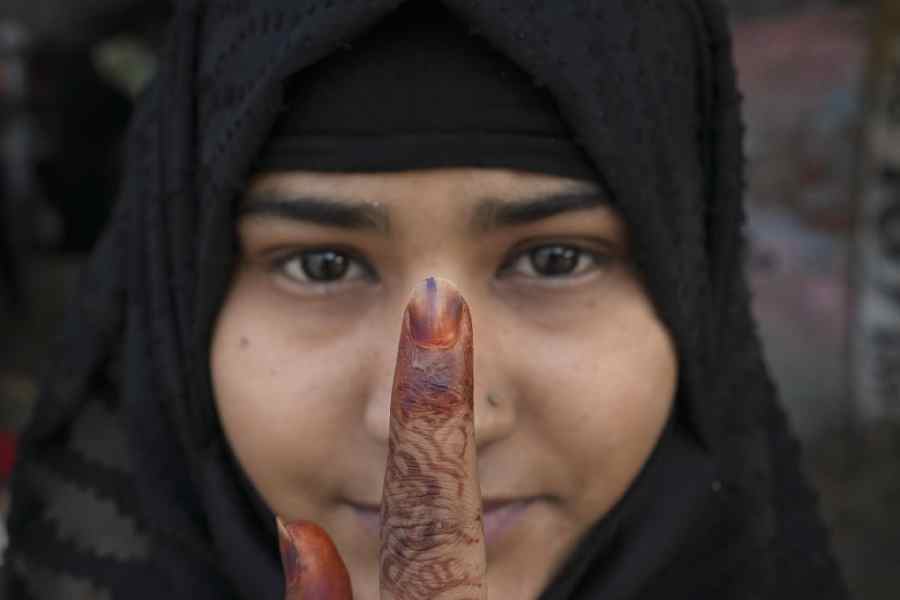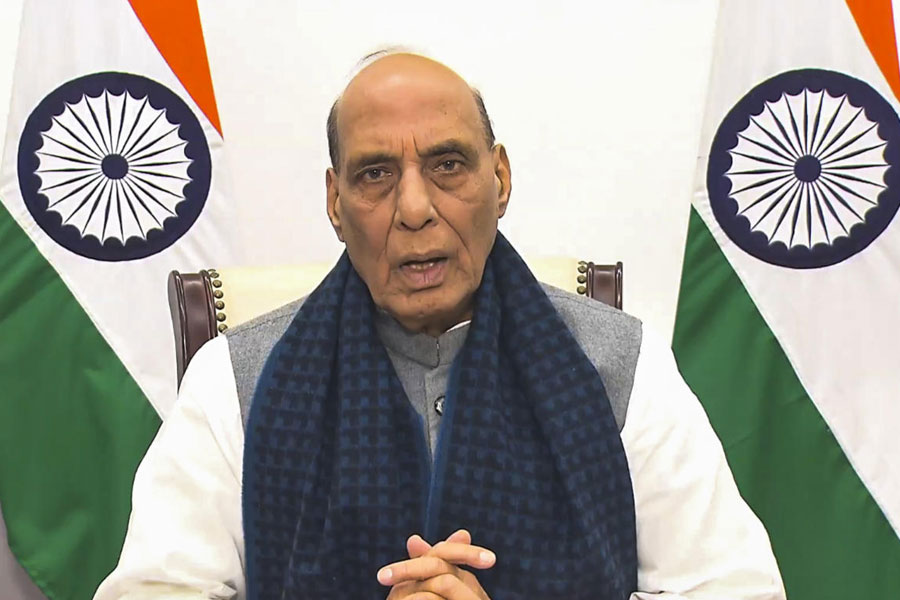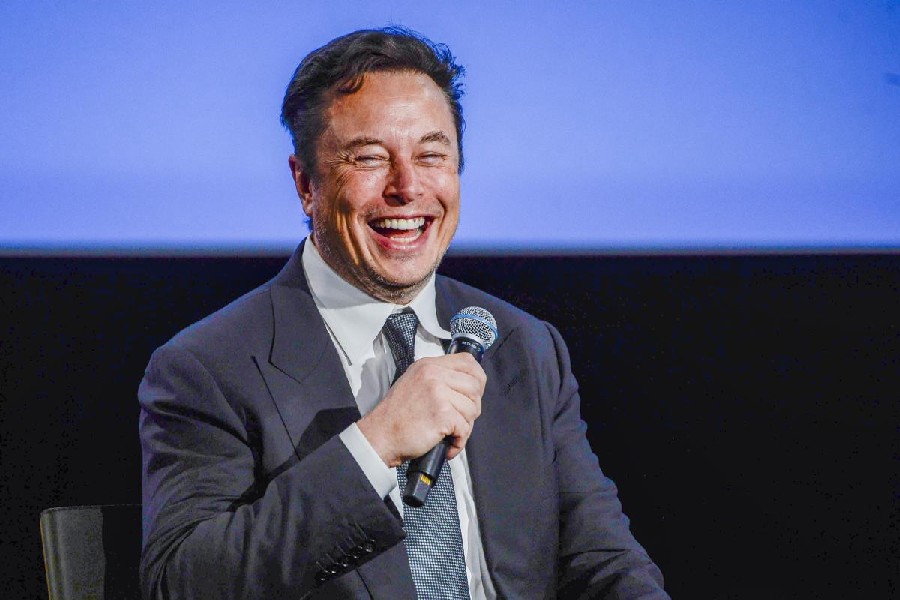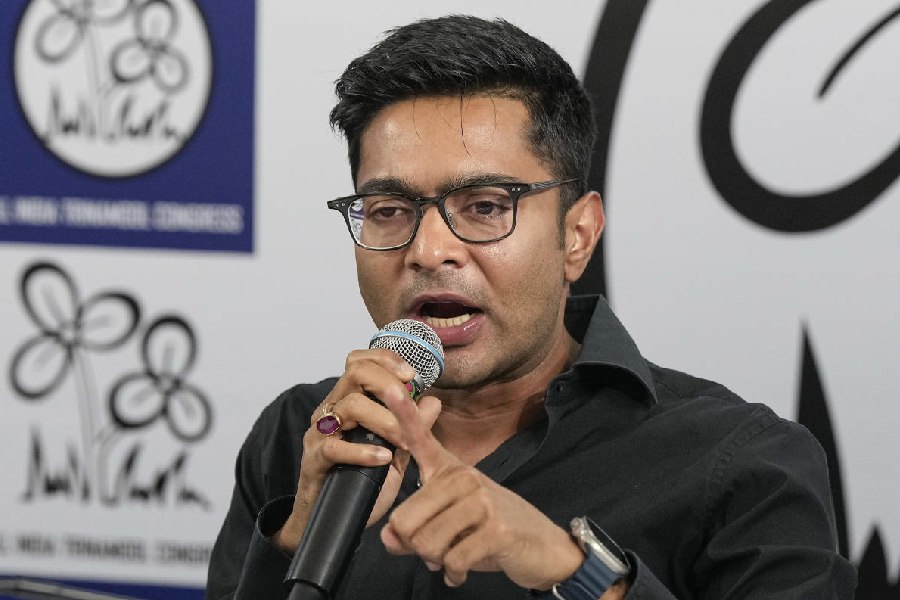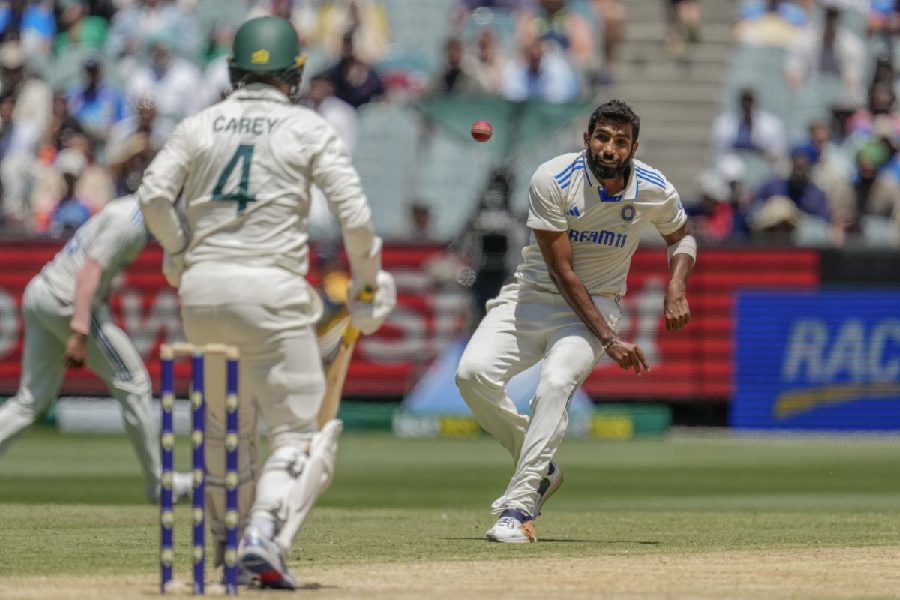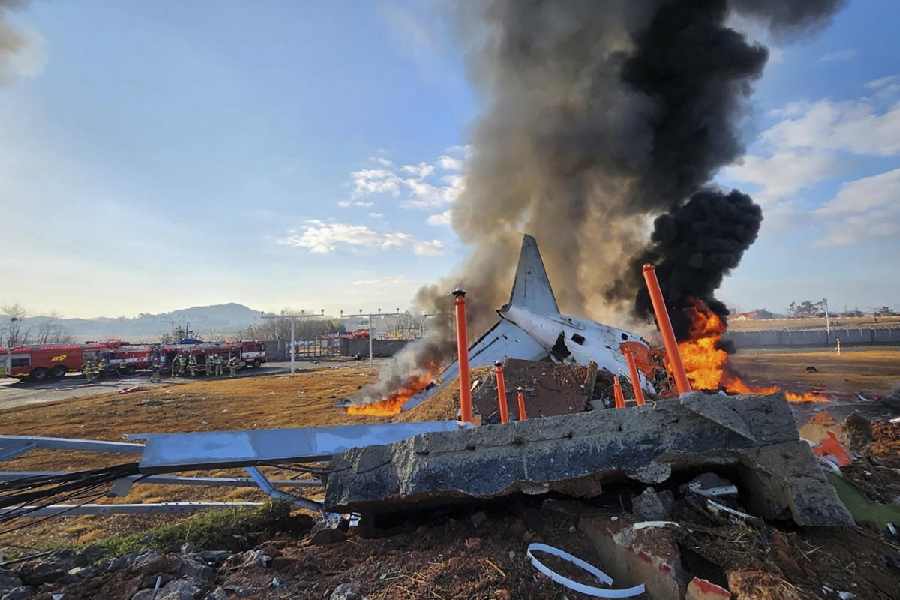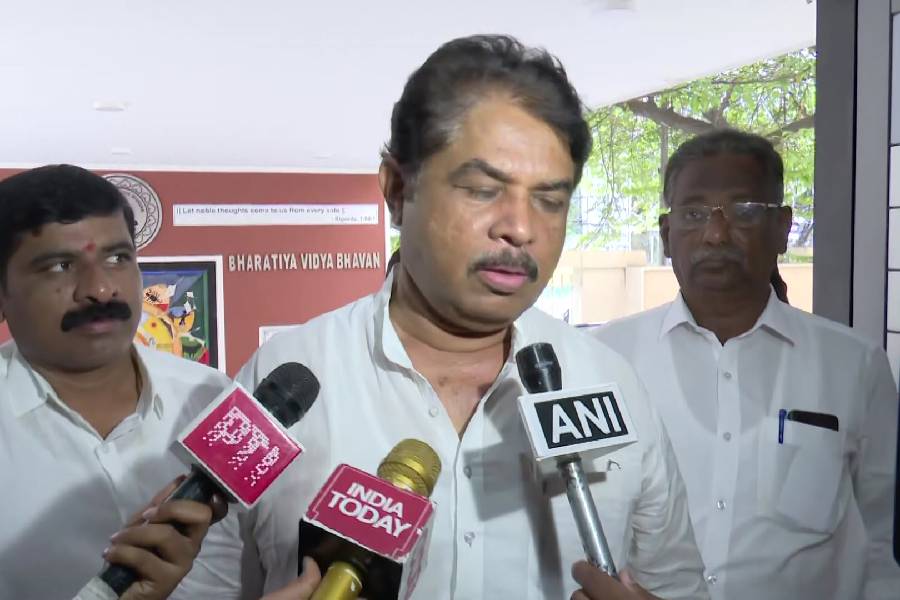There are two dominant explanations for contemporary Muslim voting behaviour, especially in relation to the outcome of the recent Lok Sabha election. A section of public commentators reiterates an old argument that Muslims always participate in politics to defeat the Bharatiya Janata Party. This argument is not entirely incorrect. The BJP did not deviate from its Narendra Modi-centric, Hindutva-driven campaign before the polls. The party relied heavily on an apparent anti-Muslim rhetoric to reach out to its core voters. The failure of the BJP to secure an absolute majority in the Lok Sabha, in this sense, is being seen as an obvious outcome of this strategy. It is being claimed that the BJP’s attempts to polarise voters on religious grounds encouraged Muslims to vote for non-BJP candidates throughout the country.
The second explanation is more speculative. The INDIA bloc has, so far, tried to avoid any discussion on the overwhelming Muslim support it has received this time. The non-BJP parties, except a few, do not want to publicly acknowledge the fact that their success was almost impossible without active Muslim support. This kind of political reluctance is justified as a strategic silence. There is an assumption that pro-Muslim gestures on the part of these parties will make the Hindu voters unhappy. We are told that there is a tacit understanding between Muslims and the political opponents of the BJP. They understand each other and develop their mutually beneficial strategies accordingly.
The CSDS-Lokniti post-poll survey takes us beyond these popular descriptions of Muslim voting. This survey introduces us to the complexities of contemporary Muslim politics and its electoral manifestations. For the sake of analysis, three basic questions may be raised. First, did Muslim communities vote more actively this time than Hindu communities? Second, did they vote as a homogeneous community or as a vote bank? And, finally, did they vote to defeat the BJP?
Muslim communities, we must remember, did not give up on electoral politics in the last 10 years. It is true that the electoral participation of Hindu communities increased significantly after 2014 (around 70%), while the Muslim turnout remained almost stagnant (59%). In fact, there was a slight increase in Muslim voting in 2019 (60%). This pattern, interestingly, has not changed in 2024. Our data show that 68% of Hindu respondents reported that they were able to vote this time while the Muslim turnout was around 62%. This simply means that the Hindu participation in this election was much higher than that of Muslims. This evidence goes against the popular perception that Muslim voting has always been a tactical move.
This brings us to our second question. There is a powerful view that Muslims constitute a politically united and religiously homogeneous community. This imagination is factually wrong, at least in the electoral sense. Survey findings demonstrate that the Congress emerged as the first choice for Muslim voters at the national level. The party managed to get around 37% of the Muslim vote. The Congress alliance also did well. It got 26% of the Muslim vote. This does not mean that other parties, including the BJP, did not get any Muslim support. Around 8% Muslims voted for the BJP this time at the all-India level. Statistically speaking, the BJP emerged as the third national-level choice for Muslim voters.
This point, however, should not be exaggerated. State-level Muslim voting patterns make things much clearer. One finds two noticeable trends in this regard. The BJP’s Muslim vote share increased in the states where the party had a direct contest with one single dominant party. For example, in Gujarat, the Congress, which was the main Opposition party, received 70% of the Muslim vote. The BJP, on the other hand, also did quite well in the state as 29% of Muslims voted for the party’s candidates in different constituencies.
There is another pattern of state-level Muslim voting as well. In the states, where the nature of the contest is multi-cornered, the Muslim vote usually gets more fragmented. West Bengal and Uttar Pradesh are two very revealing examples in this regard. The All India Trinamool Congress emerged as the leading Muslim vote-gainer in West Bengal. The party received 73% of the Muslim vote, while 8% of Muslims voted for the Congress. The UP case is quite similar. The Samajwadi Party received 77% of the Muslim vote to become the dominant party in the state. Its partner, the Congress, also did well (15%) in the state. However, the BJP’s performance was quite bad. Only 2% of Muslims voted for the party. This example shows that Muslim voting is a state-level phenomenon, which, in a way, underlines Muslim electoral heterogeneity in a significant way.
This set of data can also be interpreted differently. CSDS-Lokniti’s previous studies have shown that a significant majority of Muslims do not feel close to the BJP. The BJP’s anti-Muslim stand in this election has undoubtedly increased this feeling of alienation. That could also be one of the reasons why the Muslim vote share for the BJP dropped marginally this time. However, it does not mean that defeating the BJP is the only factor that motivates Muslims to vote. The CSDS-Lokniti prepoll survey that was conducted just before the election revealed that Muslims identified unemployment, price rise, and lack of development as the main issues for voting in this election. Our post-poll study also confirmed this point. Muslims, like other social groups, voted for different political parties on issues and concerns that affect their social and economic existence. It is true that a sense of isolation and the communal overtone of politics did affect Muslim voting choices. Yet, Muslim voters gave priority to substantial issues at the state-level and voted accordingly.
This nuanced picture of Muslim electoral behaviour in 2024 clearly underlines the fact that Muslim communities do have tremendous faith in the democratic processes. Despite the fact that the Muslim identity has been completely demonised in the last few years, Muslim voters have not moved away from politics. At the same time, they have also disproved the allegation that religious and/or communal concerns are their sole motivational factors for voting. In fact, Muslim communities have successfully demonstrated that a positive politics of secularism in the electoral arena is still possible.
Hilal Ahmed is Associate Professor, CSDS, New Delhi

